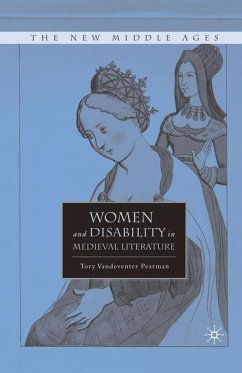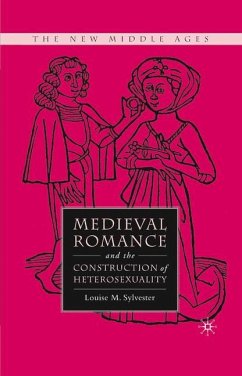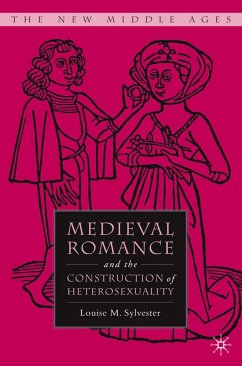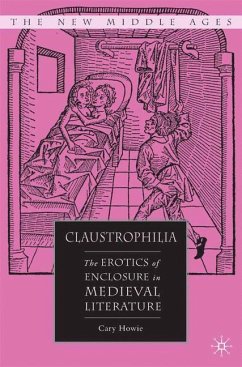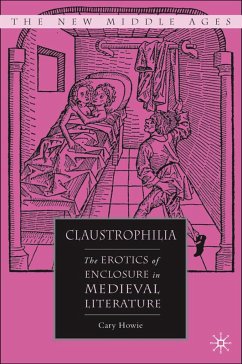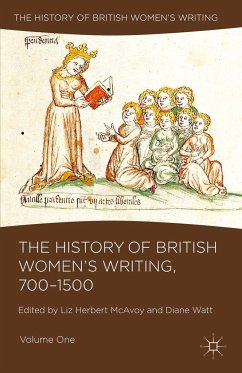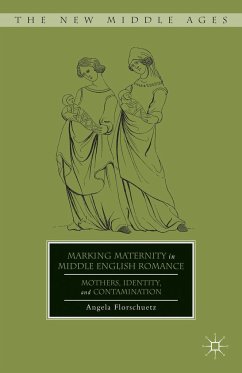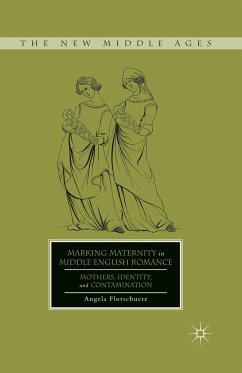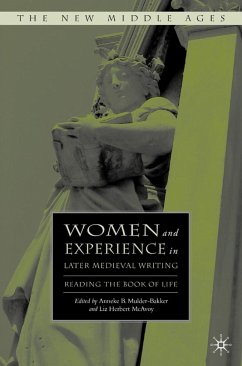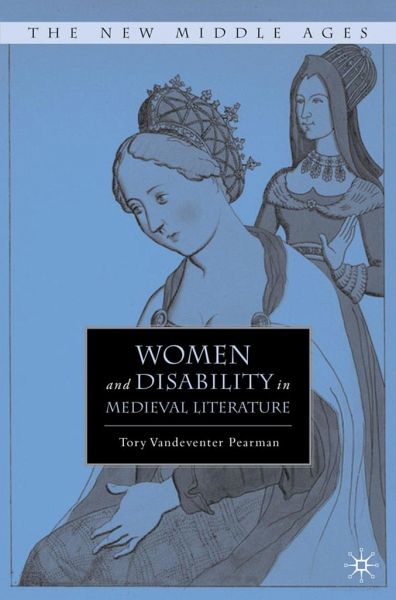
Women and Disability in Medieval Literature
Versandkostenfrei!
Versandfertig in 6-10 Tagen
38,99 €
inkl. MwSt.
Weitere Ausgaben:

PAYBACK Punkte
19 °P sammeln!
This book is first in its field to analyze how disability and gender both thematically and formally operate within late medieval popular literature. Reading romance, conduct manuals, and spiritual autobiography, it proposes a 'gendered model' for exploring the processes by which differences like gender and disability get coded as deviant.





